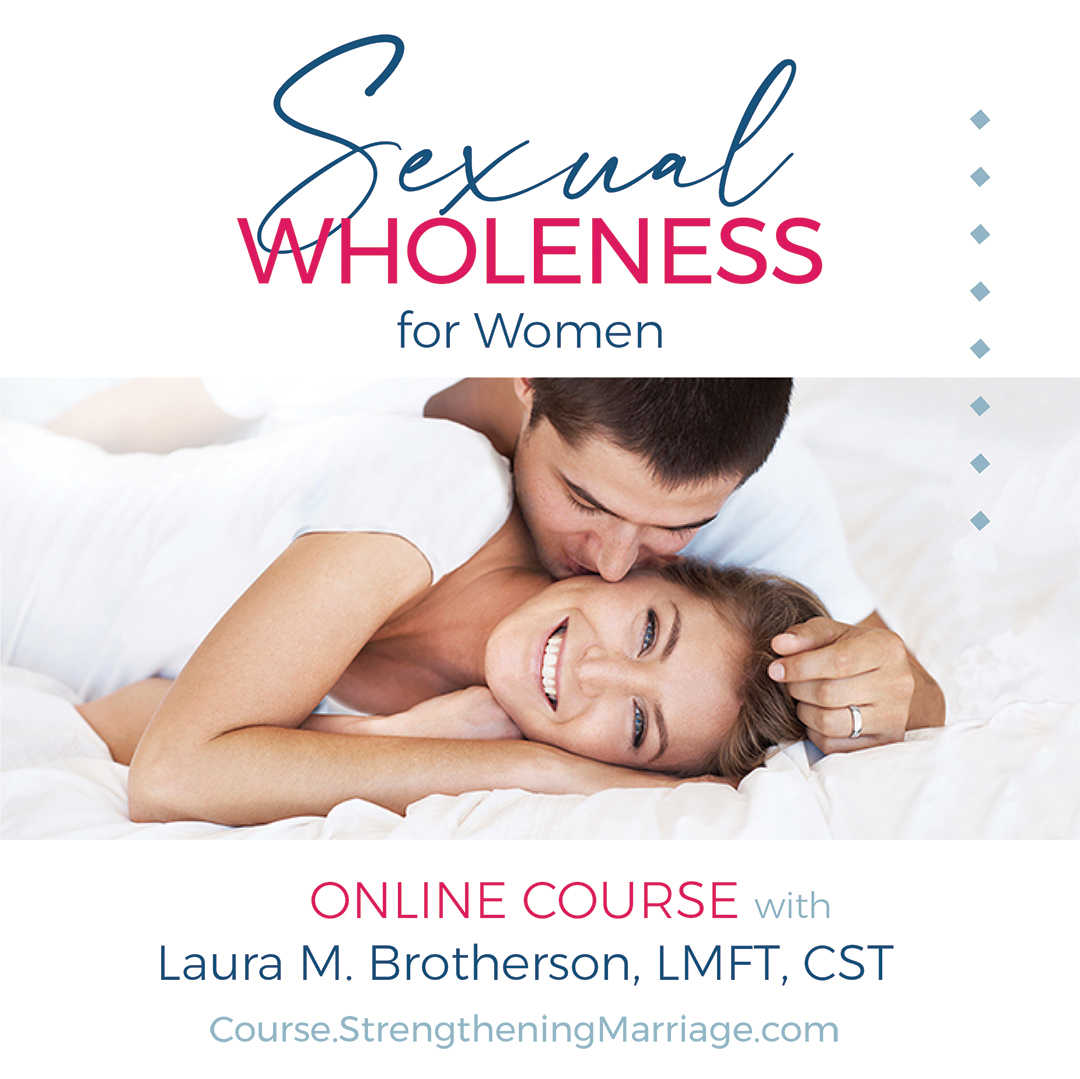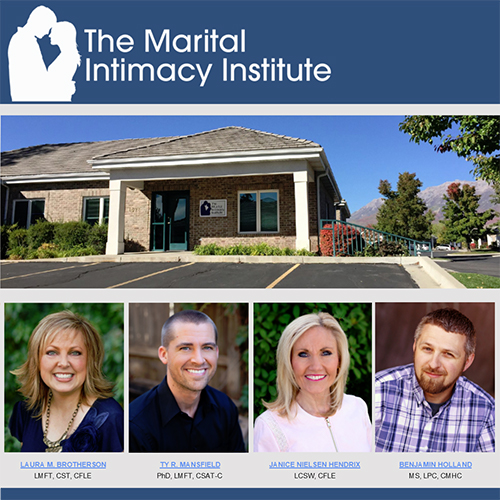THE BENEFICIAL EFFECTS OF MARRIAGE

There is something transformative about marriage. Even the anticipation of getting married changes people’s behavior. Men, in particular (Waite & Gallagher, 2001, p. 54; Nock, 2005, pp. 20-21), are less likely to drink or take drugs or engage in risky behavior in the year before they get married. In that sense, marriage has been called the great domesticator (Rauch, 2004, p. 20) or the great civilizing institution (Rauch, 2004, p. 7). Once married, spouses are more likely to save money, give to charity, be involved with extended family, and in organized religion (Nock, 1998, pp.7; 14; 60; 108).
Both cross-sectional and particularly, longitudinal studies indicate that married people—both men and women—live longer and are physically healthier than those who are not married. For example, married couples tend to look out for each other. These are the so-called guardian or nagging effects of marriage (Wilson and Oswald, 2005). Spouses, for example, will tend to remind each other of medical appointments.
Children and adolescents,as well, do better in married households (Amato and Keith, 1991). They are less likely to be involved in accidents, drug or alcohol-related deaths, suicides, or crime; they are less likely to have a child out-of wedlock; and they are much less likely to divorce as adults (Weithoft et al. 2003; Najman et al., 1997).
Longitudinal studies from researchers, such as Kim and McKenry (2002); Marks and Lambert, 1998; and Horwitz et al. (1996), all support the idea that marriage is more beneficial than any other living arrangement, and there is a cumulative effect in that the longer one stays married, the more benefits accrue (Wilson & Oswald, 2005).
Across the world, married people are happier than those cohabiting or single, and this held in surveys of couples in sixteen out of seventeen countries (Stack& Eshleman, 1998). Married people have the lowest risk of dying early, and when widowed, both men and women have higher rates of mortality than when married: men, a 44% higher mortality and women, a 36% higher mortality (Brockmann and Klein, 2004).
Marriage is also a wealth-generating institution (Chun and Lee, 2001; Lerman, 2002; Wilmoth & Koso, 2002; Zagorsky, 2005). Once married, men earn more, work more, and have better jobs (Nock, 1998, p. 82). Nock (1998, p. 67) indicates that married men earn from 10% to 40%more than single men for many reasons, including employer discrimination in favor of married men. Women do not earn more when married since they often are still primarily involved in childcare, despite their working outside the home (Nock, 2005, p. 21). Women’s standard of living, though, most definitely benefits from marriage (Lerman, 2002), and this is one of the most important benefits of marriage for women (Lillard &Waite, 1995). It is not just pooling of resources: it seems to be marriage itself—for reasons that are not completely clear.
And staying married is often a major way of preserving wealth: divorce is one of the chief causes of poverty for women and children. Parke (2003) reports that children can experience a 70% drop in household income after divorce and unless there is remarriage, these children still experience a 40% to 45% decrease in household income six years after divorce. Thomas and Sawhill (2005) report that children in single-parent households are four times more likely to be poor as children in married parent households, and are three times as likely to be poor as children in cohabiting households.
Marriage research is, of course, social science research, and even with the best methodological studies, (Glenn, 2001, pp. 44-45) research is clearly limited: obviously, no one is randomly assigning couples to marry and there are clearly no double-blind cross-over studies. The major issue, of course, is whether marriage itself is beneficial (the so-called protective effects) or whether those who marry possess certain characteristics that are different from those who do not marry—the so-called selection effects.
Given all those caveats, however, researchers find in study after study (Waite & Gallagher, 2001; Lillard & Waite, 1995; Kim &McKenry, 2002; Simon, 2002; Marks & Lambert, 1998; Weithoft et al,2003; Horwitz et al., 1996) that marriage itself, and particularly good marriages are protective physically, financially, and psychologically and the longer one stays married, the more benefits accrue (Wilcox et al., 2005). For men, the benefits come from greater socialization and less risky behavior; for women, marriage leads to a better economic situation, but the quality of the marriage seems to be more important for women than it is for men (Nock, 1998, pp. 3; 14; 138); Nock, 2001a; Wilcox & Nock, 2006).?
(Excerpted from “The Institution of Marriage: Terminable or Interminable?” by Sylvia R. Karasu, M.D. AMERICAN JOURNAL OF PSYCHOTHERAPY, Vol. 61, No. 1, 2007.)
























